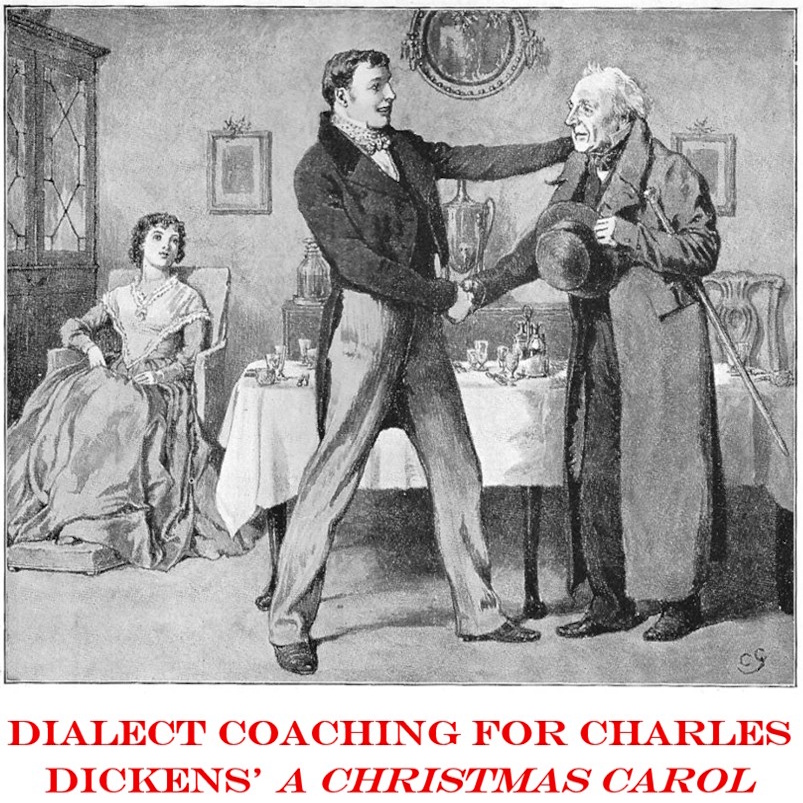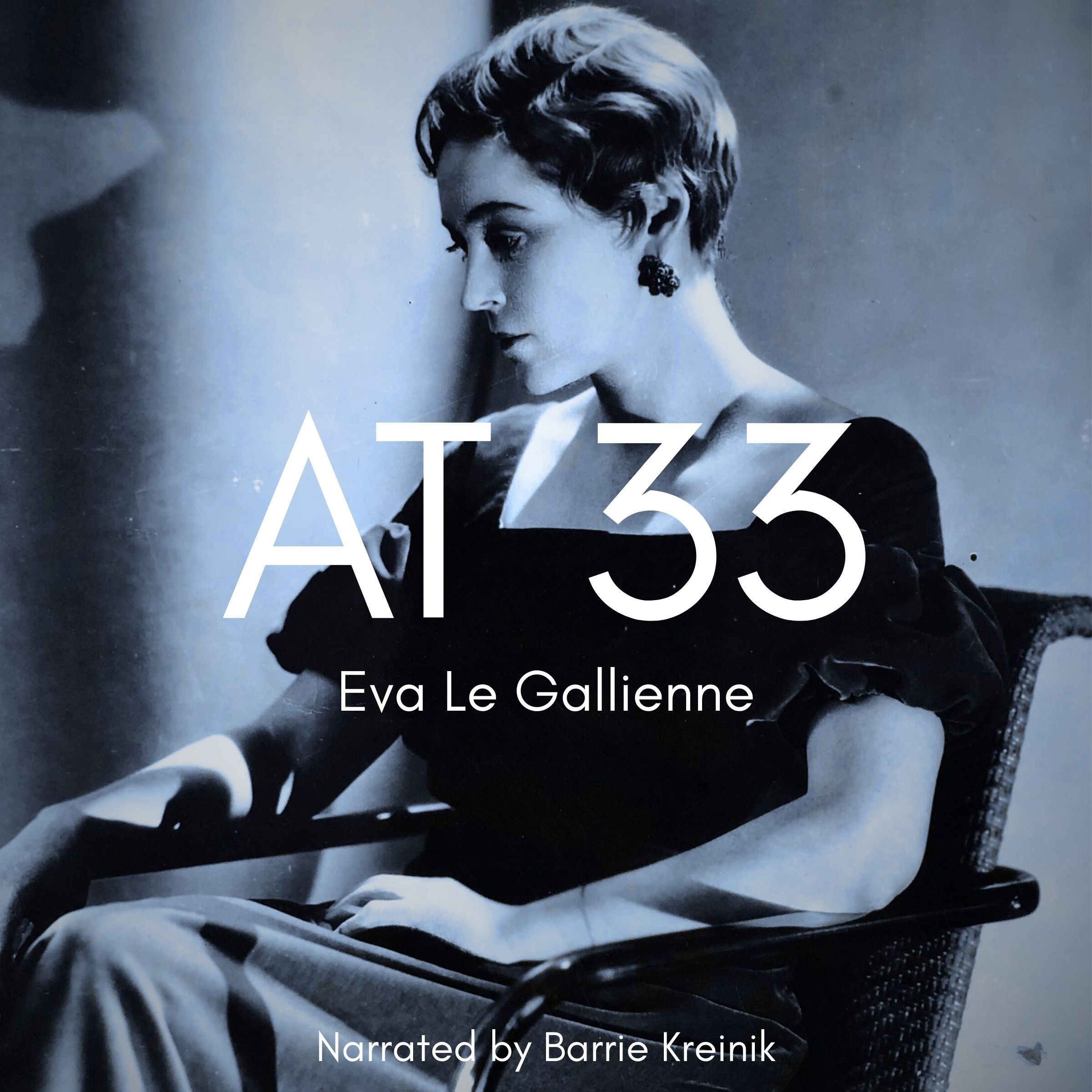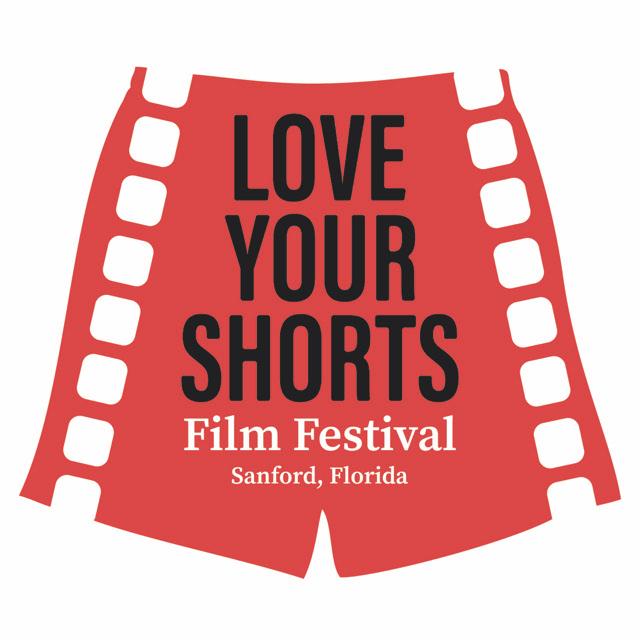Australia 16
Listen to Australia 16, a 56-year-old man from Melbourne, Victoria, Australia. Click or tap the triangle-shaped play button to hear the subject.
Both as a courtesy and to comply with copyright law, please remember to credit IDEA for direct or indirect use of samples. IDEA is a free resource; please consider supporting us.
BIOGRAPHICAL INFORMATION
AGE: 56
DATE OF BIRTH (DD/MM/YYYY): 1947
PLACE OF BIRTH: Wellington, New Zealand (but raised in Melbourne)
GENDER: male
ETHNICITY: Caucasian
OCCUPATION: storyteller
EDUCATION: master-of-arts degree
AREA(S) OF RESIDENCE OUTSIDE REPRESENTATIVE REGION FOR LONGER THAN SIX MONTHS:
After moving to Melbourne, Australia at the age 3, the speaker spent a brief time in New York, China, and New Guinea.
OTHER INFLUENCES ON SPEECH:
The speaker spoke Yiddish at home.
The text used in our recordings of scripted speech can be found by clicking here.
RECORDED BY: Geraldine Cook
DATE OF RECORDING (DD/MM/YYYY): 28/10/2002
PHONETIC TRANSCRIPTION OF SCRIPTED SPEECH: N/A
TRANSCRIBED BY: N/A
DATE OF TRANSCRIPTION (DD/MM/YYYY): N/A
ORTHOGRAPHIC TRANSCRIPTION OF UNSCRIPTED SPEECH:
School itself, if you were very naughty, they would mit- make you sit, this is terrible really, they, they would make you sit next to, uh, I shouldn’t say the name, this big fat girl who was very, very smelly. I think, uh, her family rarely washed. And this was the punishment. She was huge! Poor girl. And, uh, I won’t say her name. I actually remember her name but, uh, let’s, uh, let’s let her rest in peace wherever she is. But, um, I remember once sitting in this desk and she occupied at least two-thirds of it and I was perched on the end. And, uh, she kept saying to me, “Stop rocking the boat. Stop rocking the boat,” as the desk was going backwards and, and forwards. And, uh, we had a teacher who – his name was Mr. Appleby. And from memory, he had a withered hand and if you got your, uh, your sums wrong he’d dance around the room saying, “You can’t get it. You can’t get it. You can’t get it.” (laughs) Look, this is a vague memory. I hope I’m getting it right. And Mr. Appleby, I – I forgive you. I hope you forgive me for telling this story. Uh, the – what, what s… strikes me about my Carlton childhood is that our, our whole universe was just these streets. You know, you can count these streets on the fingers of your hand and yet they contained a whole universe. Uh, they had, y’know, every year there would be newcomers from different countries. A Dutch family would wo- move in, or a Maltese family or the la- latest wave of, uh, refugees from Poland, was – that was one year when they came. It’s 1956. 1956 was the year of the, uh, Olympics in Melbourne. And it was the year that television was introduced. And, um, we, I first saw television in the, uh, Rising Sun Hotel, I think it is. Or’s it, was it the Kent? It’s a hotel that’s opposite Curtain Square. Corner of, of Rathdowne and Newry Street, I think it is. And, um, at that time it was six o’clock closing. People would be frantically drinking from five till six. And, uh, they had the high jump. And Chilla Porter, who was Aus- Australia’s high jump champion, was fighting it out with Charlie Dumas from the United States. A, um, a black high jumper. And it was very exciting. It was – one of them was going to win gold and the other the silver. They were the last two left from me memory. And I remember the, uh, the, uh, drinkers lifting me up and, uh, putting me on their shoulders so I could glimpse this epic contest. And I think they even allowed the pub to stay open for once – make the law be so that people could see the climax!
TRANSCRIBED BY: Jon Hunter
DATE OF TRANSCRIPTION (DD/MM/YYYY): N/A
PHONETIC TRANSCRIPTION OF UNSCRIPTED SPEECH: N/A
TRANSCRIBED BY: N/A
DATE OF TRANSCRIPTION (DD/MM/YYYY): 21/03/2008
SCHOLARLY COMMENTARY: N/A
COMMENTARY BY: N/A
DATE OF COMMENTARY (DD/MM/YYYY): N/A
The archive provides:
- Recordings of accent/dialect speakers from the region you select.
- Text of the speakers’ biographical details.
- Scholarly commentary and analysis in some cases.
- In most cases, an orthographic transcription of the speakers’ unscripted speech. In a small number of cases, you will also find a narrow phonetic transcription of the sample (see Phonetic Transcriptions for a complete list). The recordings average four minutes in length and feature both the reading of one of two standard passages, and some unscripted speech. The two passages are Comma Gets a Cure (currently our standard passage) and The Rainbow Passage (used in our earliest recordings).
For instructional materials or coaching in the accents and dialects represented here, please go to Other Dialect Services.
 IDEA: International Dialects of English Archive
IDEA: International Dialects of English Archive




